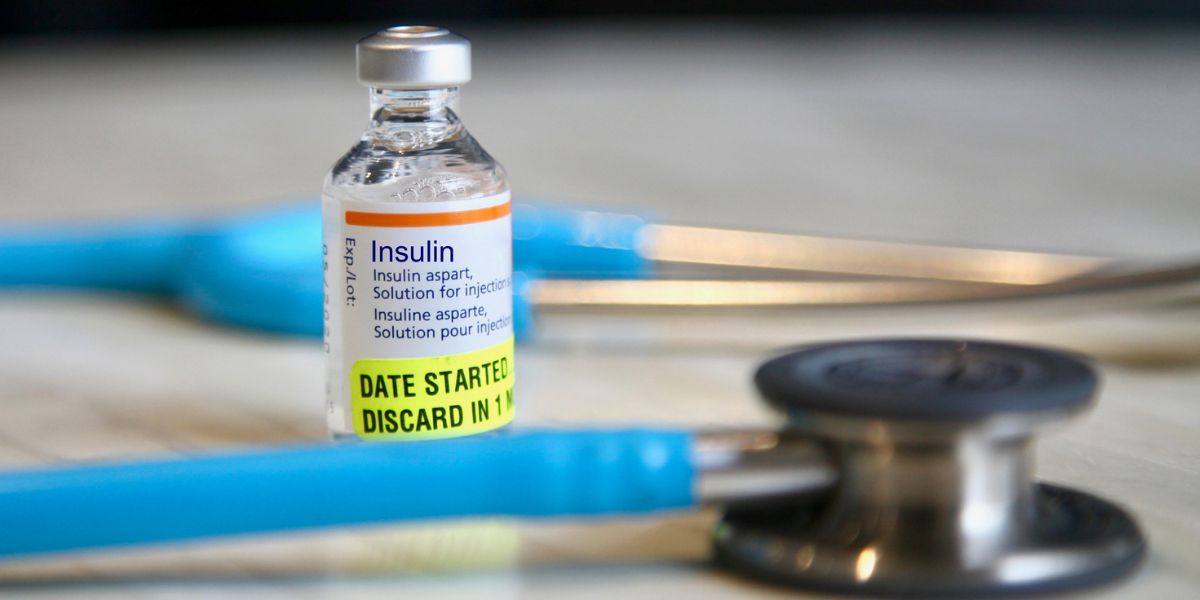If you notice your blood sugars are running high or low, knowing which insulin, basal or bolus to adjust and by how much to change insulin dosage by can be tricky.
Adjusting insulin dosage is a skill which takes time to develop and comes through understanding.
Recording your numbers is well advised for making dosage change decisions.
The information below can be used as a guide to how basal and bolus doses can affect your blood sugar.
However, if you are unsure about changing your insulin, consider speaking to a member of your healthcare team before making any dosing adjustments.
Adjusting your long term, basal insulin dose
Also referred to as background insulin, basal insulin is the insulin which acts over most of the day, typically between 16 and 24 hours depending on which long term insulin you take.
- If there is a general trend of higher numbers through the day, it may be advisable to increase your long term insulin instead of adjusting a number of your short term doses.
- Conversely, if your numbers are generally going low through the day, you may need to decrease your long term insulin.
If you are unsure about whether your background insulin needs changing, a good way to check is do a fasting test, which involves not eating and not injecting short term insulin for several hours.
Throughout the fast you can test your blood sugar at regular intervals, say once every two hours and observe whether your blood sugars are dropping or increasing.
Note that as your background insulin acts over most of the day, if you change your long term dose you may find that one or more of your short term doses may also need to change in response. It’s highly recommended to test regularly through the day after any change to your background insulin dose.
If you increase your long term insulin, there’s a chance that you may start to have low blood sugars over night ( nocturnal hypoglycemia ).
If in doubt about this, or any other dosing decisions, check with your healthcare team before adjusting your doses.
Adjusting your short term, bolus insulin dose
Adjusting short term insulin is usually more straight-forward than adjusting long term insulin, however, care needs to be taken as mistakes with short term insulin dosage adjustments can be more severe. If you find that your blood sugars are high or low following a particular meal most days, you may wish to consider increasing or decreasing the short term insulin for that meal.
Say your numbers are generally good through the day with the exception that you notice a trend of numbers frequently above 9.0 mmols/l before your evening meal.
This indicates that your insulin dose at lunch is likely to be too small. It may be worth increasing your lunch time insulin in this case.
Just be aware that if you don’t often test at lunch then you cannot be sure whether it should be your lunch or breakfast dose that needs changing.
Other situations that may require a change to your short term dose are non-routine activities that could affect your blood sugar such as having a restaurant meal or treat with more or less carbohydrate (or even protein) than you are used to, sport or other forms of activity such as an active period of house cleaning.
Blood glucose testing before, after and where possible during, can help you to learn how much insulin adjustment is needed for this type of event. This also helps you to catch a high or low blood sugar spike early if you make a miscalculation with your insulin dose or how much carbohydrate you eat.
Other factors to consider when adjusting insulin
Self-adjusting can be frustrating sometimes.
You think you’ve factored everything in and then you find yourself caught out by a rogue high or low blood sugar level, seemingly from nowhere.
These things happen and everyone who self-adjusts insulin finds it difficult to factor in everything that could affect blood glucose levels




